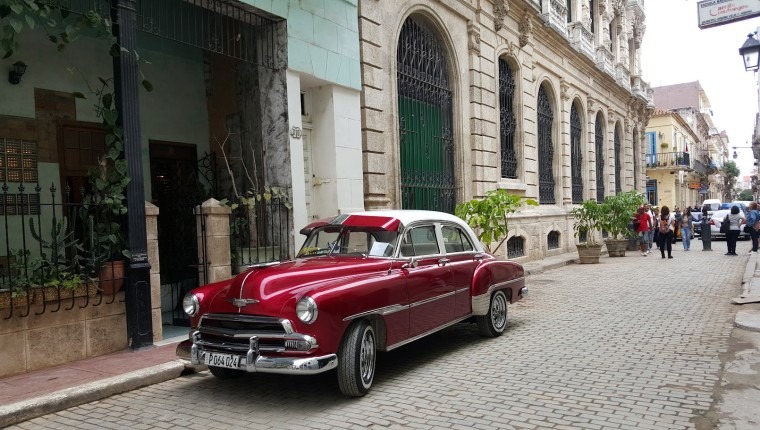Baseball, Culture and Art
. . .
Cuba is only as far from Florida as St. Petersburg is from Walt Disney World, yet few have had the opportunity to visit the largest island nation in the Caribbean Sea. Amid the diverse landscapes of the Sierra Maestra Mountain Range, low-lying plains and rugged coastline is Havana.
Cuba’s culture is a vibrant blend of indigenous, African, Spanish and Caribbean influences, shaped by centuries of colonization, slavery and migration. Music is an integral part of Cuban culture, with genres such as salsa, son, rumba and mambo. Jimmy Buffett waxed nostalgic in Havana Daydreamin’ and sang of piano player Billy Voltaire’s “Cuban Crime of Passion.”
Cuba also has a rich visual arts heritage, with internationally recognized painters like Wifredo Lam and Amelia Peláez. Literature also holds a prominent place in Cuban culture, with authors such as José Martí, Alejo Carpentier and Nicolás Guillén contributing to the country’s literary legacy.
Novelist Ernest Hemingway penned 7 books, including A Moveable Feast, Islands in the Stream and The Old Man and the Sea, during the 30 years he lived at Finca Vigia, his island home.
Cuba’s sports heritage began in the 1860s, when Cuban students returning from studying in the United States fell in love with the game of baseball. The first organized baseball game in Cuba was between teams from Matanzas and Havana.
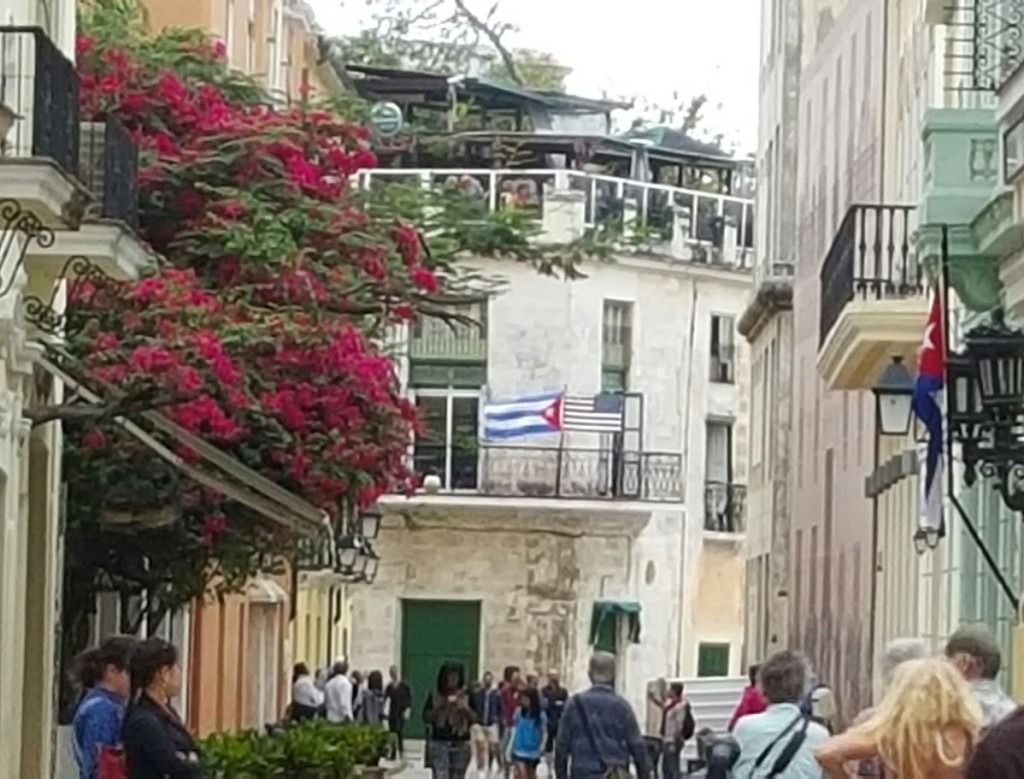
In 1878, the Havana Baseball Club was organized. By the 1950s, political tensions between the United States and Cuba lead to the decline of professional baseball in Cuba. By 1961, Fidel Castro’s revolutionary government banned all professional sports in Cuba, including baseball.
In “Exploring Cuba Through Baseball: A Journey to Havana” at Eckerd College’s Osher Lifelong Learning Center, I will bring students on an “edu-travel” adventure to Cuba through the lens of my one and only visit to Havana in 2016 when the Tampa Bay Rays played an exhibition game against the Cuban National Baseball team.
This was the first visit by a Major League Baseball team to Cuba since 1999. President Obama, wife Michelle, and daughters Malia and Sasha attended the game, signifying the truly historic significance of the matchup of the two teams.
Personal stories from my perspective are just part of the May 16 session, which highlights the commonalities between St. Pete and Havana, as well as each city’s storied baseball history.
Because my husband was Mayor of St. Petersburg in 2016, my children, Jordan and Samuel, and I were invited to accompany him as part of the delegation. Upon arrival, we were shuttled to a private event room where we were greeted with Cuba’s national drink, the mojito. After checking in to the Meliá Cohiba Hotel, just off the Malecon, we took advantage of a few hours of downtime to walk the streets of Old Havana.

St. Petersburg and Havana share historical ties dating back to the early 20th century when both cities were popular destinations for tourists and travelers. Baseball served as a common interest and point of connection between the two cities, with players and fans from St. Petersburg visiting Havana for games and vice versa.
These games provided opportunities for players and fans to interact across cultural boundaries, fostering goodwill and friendship through the universal language of baseball.
My visit to Cuba was through the lens of baseball, but we also explored the public art, architecture, food and even a surprise visit with Jimmy Buffett, who arrived via boat to La Divina Pastora to perform a private concert the night before that historic 2016 baseball game.
Aside from rubbing elbows with baseball celebrities past and present, what I consider the essence of this historic trip is the resilience of the Cuban people, evident on the streets, inside the businesses, in the murals, and through the live music in virtually every venue we visited.
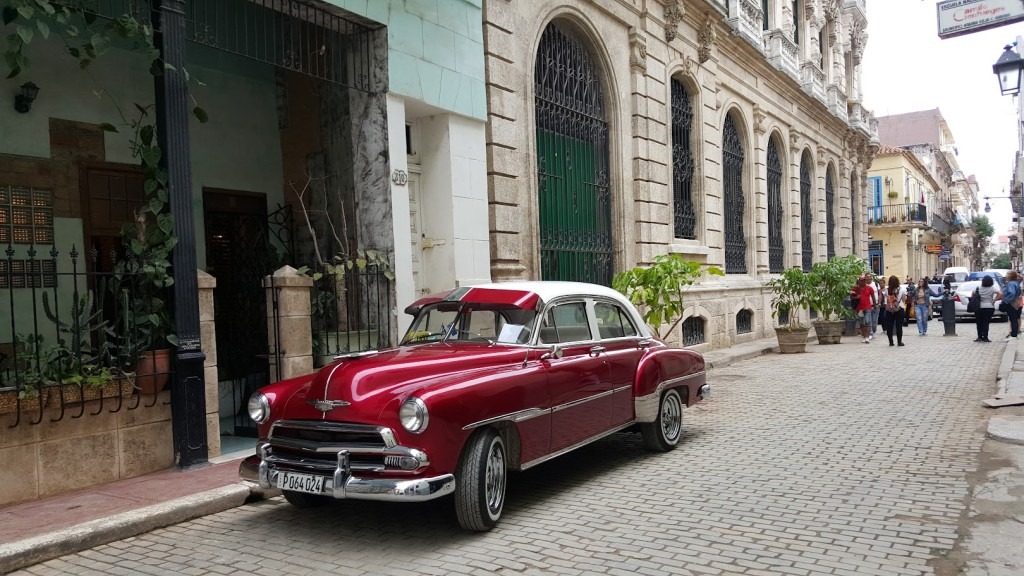
An iconic symbol of Havana is 1950s sedans. Tourists enjoy cruising the Malecón, top down, cigars dangling from their lips, reminiscent of Rat Pack days before Castro came to power.
Despite the scarcity of resources, challenges of maintaining aging vehicles, and the economic impact of living under a socialist government, there is an abundance of resilience. The best stories told are always about the people. The heart and soul of a person reflected through the backdrop of community creates memorable tales.
I vividly remember the voice of a man who called out to Rick on the street in Old Havana. He wanted his Tampa Bay Rays ball cap. Rick packed more than one, so I suggested he just give the guy his hat. That led to an invitation to coffee in his friend’s restaurant. We had to get back for dinner, but we couldn’t say no.
That was our first glimpse of the heart and soul of the Cuban people. We also saw it in the well-cared-for stray dogs who are welcome in businesses and restaurants.
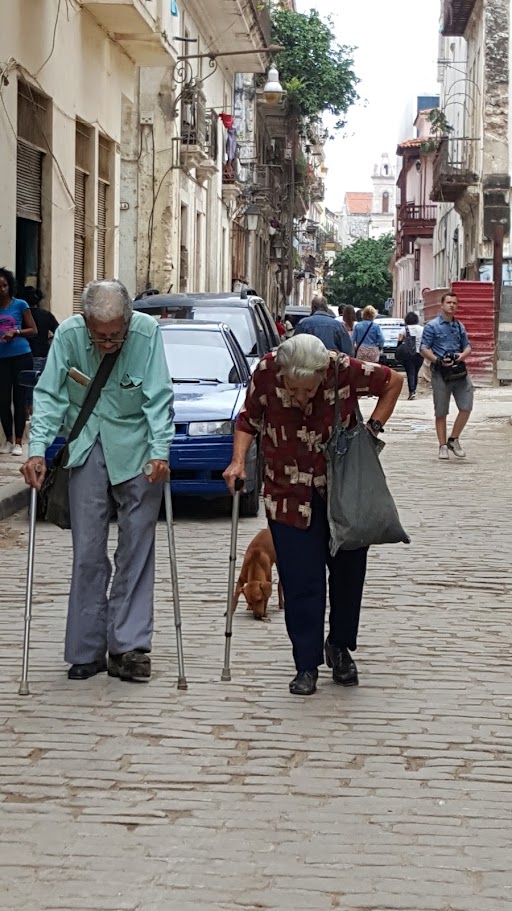
The opportunity to share my perspective from my all-too-brief visit to Havana is a chance to introduce curious would-be travelers and students to this island nation that many consider mysterious and elusive. I hope to demystify a nation that is often the subject of cultural and political strife, and out of reach for many to visit, including those who formerly called it home.
The stories gleaned through the lens of attending a historic baseball game illustrate the capacity for human connection through sharing. There is inherent value in storytelling.
Every one of us has a story to tell. We have the power to inform, educate and entertain. The connectedness that results when we can empathize and see ourselves in someone else’s story is needed now more than ever in this increasingly difficult world.
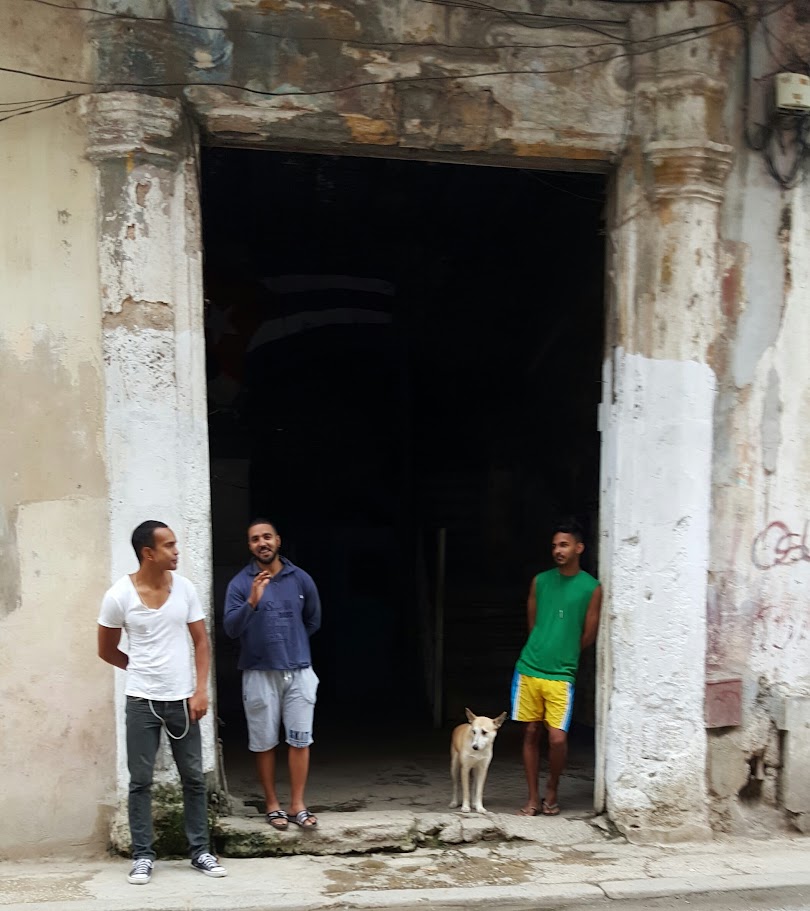
Since publishing Accidental First Lady in 2021, people have asked me how I found the courage to share my story. They also want to share their story through memoir. In fact, more than 62% of Americans desire to tell their unique story through memoir.
Teaching memoir writing to aspiring authors is a passion project. I’m grateful for opportunities to have taught with Keep St. Pete Lit and Eckerd College. Learning should be accessible, and because I want to inspire aspiring authors I’ve created a 4-part online course, Make Memoir Magic, launching May 20.
My status as a political spouse may have been the reason I was fortunate to travel to Cuba, so it would only make sense that I would meet a political figure close to Fidel Castro. That will be included in the class , but no spoilers here.
Exploring Cuba through Baseball: A Journey to Havana
Thursday, May 16 from 1-2:30 pm
Eckerd College – Pelican (CEC 113)
4200 54th Avenue South
St Petersburg FL 33711
Registration details at olli.eckerd.edu
